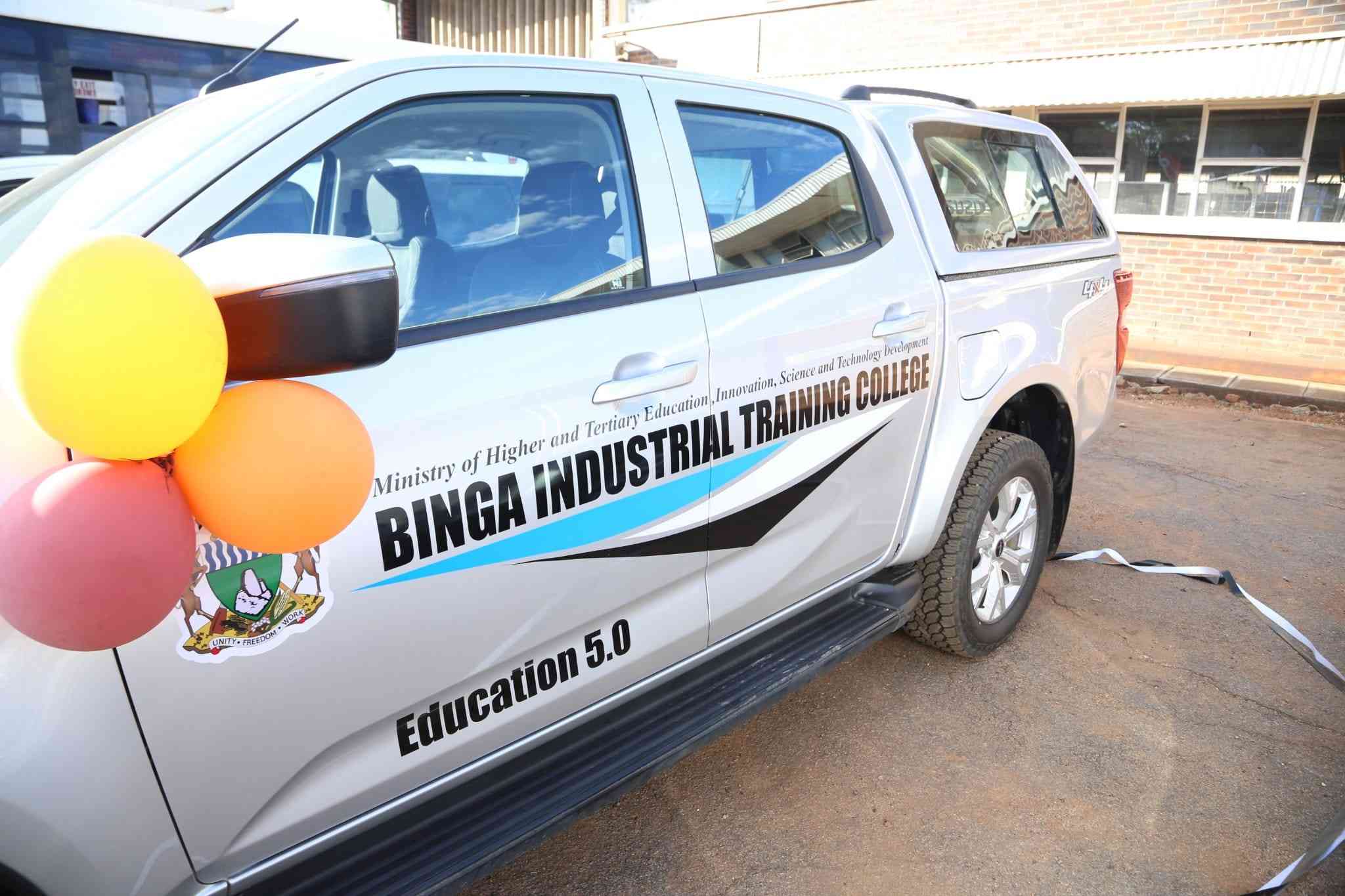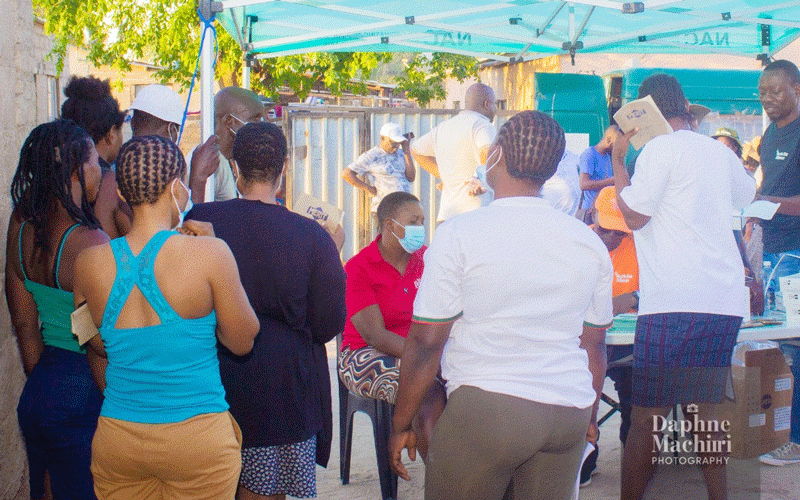
HWANGE Local Board (HLB) chairperson Peterson Ncube said the council has embarked on a stakeholder engagement exercise aimed at building mutually beneficial synergies to enhance service delivery.
Ncube said the HLB was conducting consultations with various stakeholders to strengthen partnerships, reinforce sound financial practices, and uphold principles of good corporate governance.
"I have held high-level discussions with our parent Ministry and other relevant government departments to explore strategies that unlock our council's potential,” he said.
“We are already implementing improvements in key areas such as finance, housing, and engineering services.
“Although legacy issues have posed some delays, our trajectory is now clearly towards progress.
“Government's support has been commendable, it has provided us with a clear vision, standards, and tools for implementation and monitoring.”
Ncube underlined the importance of strengthening corporate governance as a foundation for operational effectiveness.
He highlighted transparency, accountability, and strategic alignment as key areas for improvement, critical to restoring public confidence and ensuring long-term institutional stability.
- Bulls to charge into Zimbabwe gold stocks
- Zim pledges funding for continental humanitarian agency
- Africans may soon start importing indigenous fruits, vegetables
- Kenya elections 2022: Raila Odinga picks Martha Karua as running mate
Keep Reading
The council boss called for increased collaboration between council and corporate entities operating within Hwange urban.
"There is great value in bringing stakeholders together to share experiences and ideas for the betterment of our town,” he said.
“While some sectors are making great strides, others still face challenges.
"Council must also be open to feedback and ready to view issues from the stakeholders' perspective.”
Ncube revealed that regular stakeholder meetings featuring active participation from residents and the business community have helped shape a responsive and adaptive approach within council.
"These engagements have taught us to improve our internal systems, be consistent in applying rules, communicate more effectively, and respond promptly to issues,” he said.
“We also identified information gaps and mismatched expectations, which we are addressing through ongoing system improvements.”
Ncube added: “Our processes will align with the national ease of doing business agenda, and will be supported by the implementation of an enterprise resource planning system.”
Ncube, however, acknowledged that Hwange continues to face serious challenges in service delivery particularly in water supply, sanitation, waste management, road maintenance, housing, and public health services.
“Excellence in these domains will only be achieved through collaboration, open communication, and celebrating our shared successes," he added.









